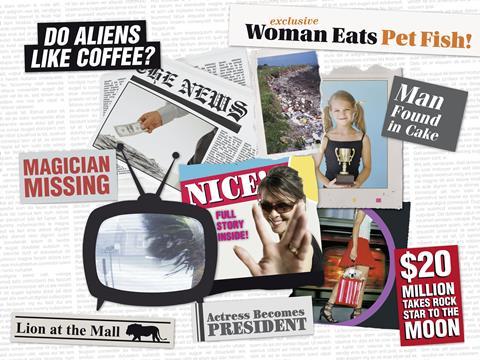Students guess which news stories are true and which one is fictional.

Age group: adults
Level: Intermediate - advanced
Skills: Speaking and reading
Time: 15 - 20 minutes
Procedure:
- Select unusual stories from the news and give each student (or pair) a short article. One of the stories will not have actually occured in the news - you will need to write this.
- The students read their articles to the rest of the class.
- When every student has read his/her news item, I ask the class to discuss which story isn't true.
- To make this activity funny and challenging it is important to select stories that are unbelievable.
Here are a few examples that have proven to be funny and entertaining.
- The WHO has decided to spend more money on the treatment of snake bites and scorpion stings
- A couple in England has to face trial because of smoking in their home
- Two doctors had a serious fight during an operation. The first one hit his colleague and pulled his ear. The second one hit him back. The outcome of this was: one broken arm, bruises and a concussion. Meanwhile another doctor finished the operation.
The success of this activity depends on the stories selected.
This is also a good opportunity to, if you wish, discuss the subject of 'fake' news and how students can ensure the stories they are reading (particularly online) come from a reputable source.







No comments yet